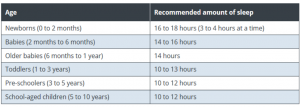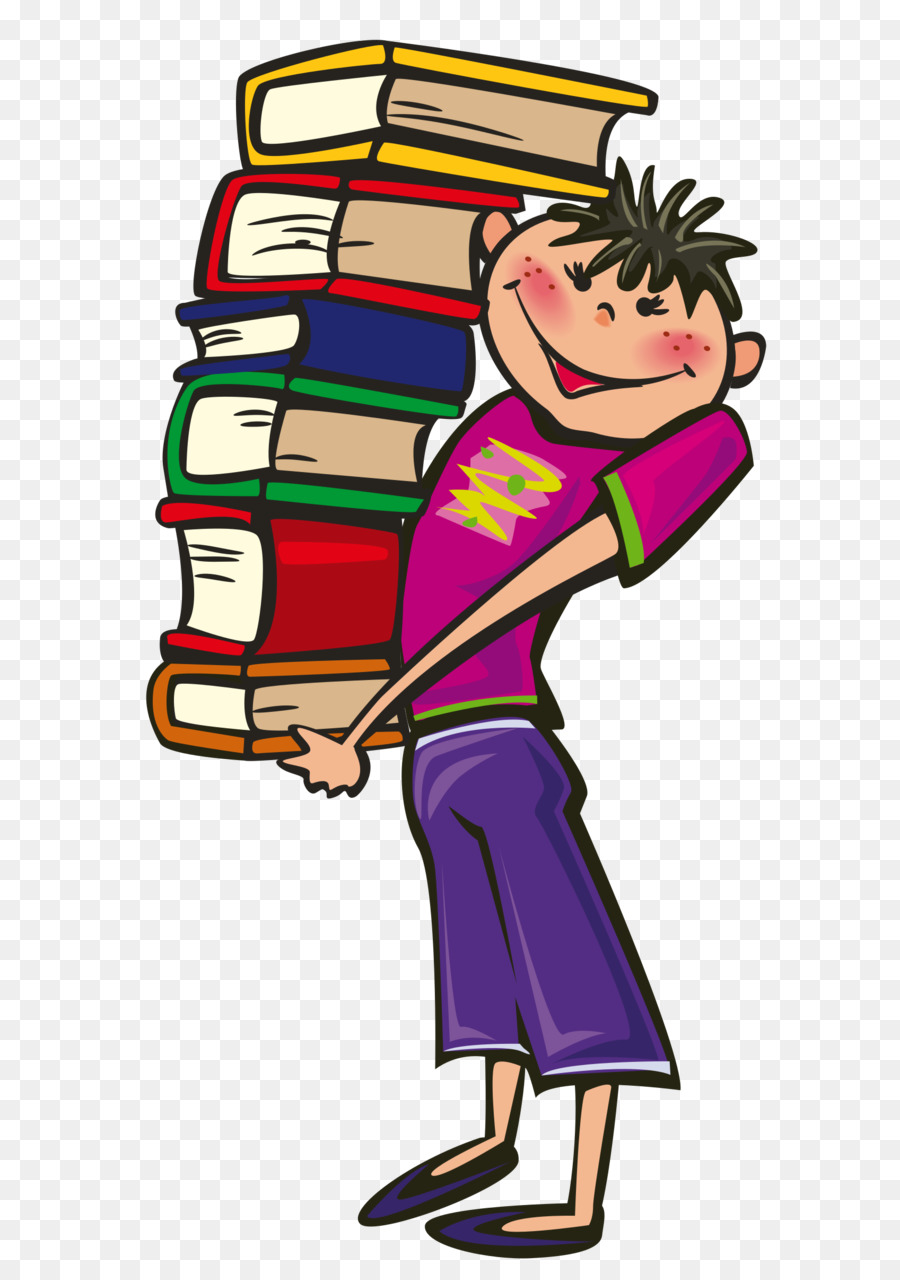Does your family get enough sleep?
We often sacrifice sleep for other things in our lives but sometimes we push our baseline too far and our lack of sleep can impact our health.
Did you know:
- According to the World Sleep Society, the risk of injury increases by up to 70 per cent when young athletes get less than eight hours of sleep. Conversely, sleeping more than 10 hours a night has been shown to increase sprint speed, shooting accuracy and mental health of college-aged basketball players. (source article)
- Lack of sleep causes irritability, increased stress, forgetfulness, difficulties with learning and low motivation. Over time, it can contribute to anxiety and depression. (source article)
- Sleep problems are one of the most common concerns for parents. In fact, sleep problems have been estimated to affect 30% of children. (source article)
The Canadian Pediatric Society has produced a general guide to the amount of sleep young children need over a 24-hour period, including naps.
There are a lot of excellent resources on the Canadian Sleep Society website. There is a lot of great information, podcasts, and other resources.


 What could make my new love of reading challenges grow to new heights? Creating challenges for Quilchena students, of course! I will create a reading challenge every month for Quilchena students who choose to follow along. There may even be a prize in June for the students who successfully complete all six challenges. (We all know that even if you don’t finish all the categories in a challenge, you’re still better off for having read those stories, so don’t worry if you don’t always finish.)
What could make my new love of reading challenges grow to new heights? Creating challenges for Quilchena students, of course! I will create a reading challenge every month for Quilchena students who choose to follow along. There may even be a prize in June for the students who successfully complete all six challenges. (We all know that even if you don’t finish all the categories in a challenge, you’re still better off for having read those stories, so don’t worry if you don’t always finish.)